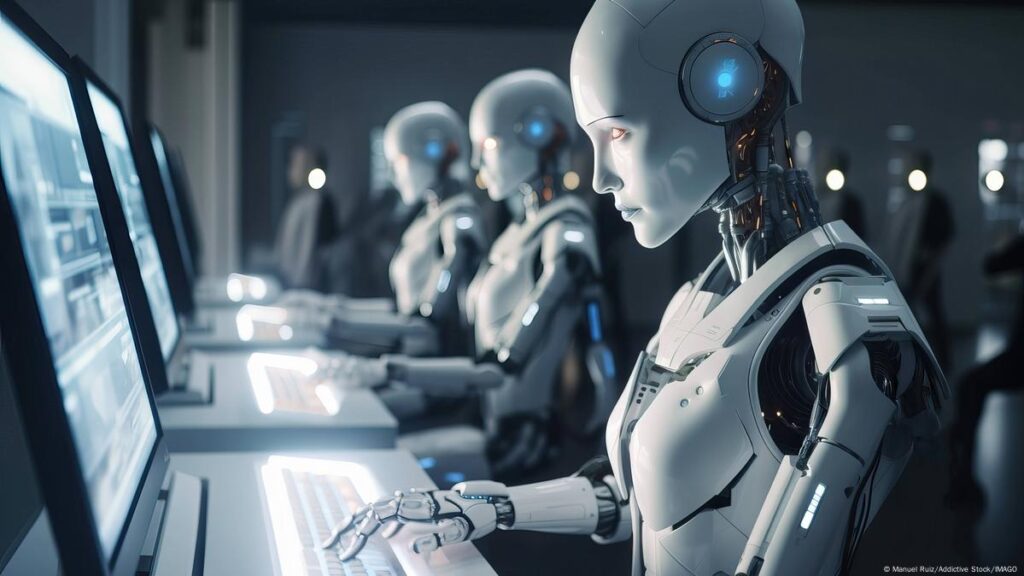
There’s a lot of discussion about artificial intelligence these days. Almost none of these conversations avoid concerns about rising unemployment. The most common questions are: which professions will “die out” soon due to AI, what’s no longer worth studying, and so on.
These questions often carry a negative tone. Many people genuinely fear that AI will leave millions jobless, cast out onto the streets.
I find these fears amusing. In such cases, I always bring up my favorite examples:
Long ago, the invention of excavators left hundreds of thousands of diggers without work. When automatic telephone exchanges were introduced, hundreds of thousands of switchboard operators worldwide became obsolete. Think also of professions like typists who used typewriters, elevator operators who rode with people and pressed floor buttons, or reapers who manually cut wheat with scythes from dawn to dusk.
These professions have practically vanished today. But did their replacement by machines and electronics mean that millions of people, left jobless, ended up on the streets without means, suffering hardship, while the global economy took a hit? Of course not.
Quite the opposite. The increase in labor productivity and efficiency brought immense benefits to the global economy. It allowed humanity to extract and produce more resources with less effort, improving life for everyone.
Those whose jobs were displaced by machines and technology simply retrained, acquired new skills, and took up more useful and effective work at the time. In doing so, they pushed humanity’s labor frontier toward development and progress.
So, there’s no need to fear artificial intelligence. We should accept it as a given, an inevitable part of advancing productive forces. The smarter approach is to channel AI into the most in-demand fields and encourage displaced workers to move forward into areas of human activity yet untouched by machines.
COMMENTS